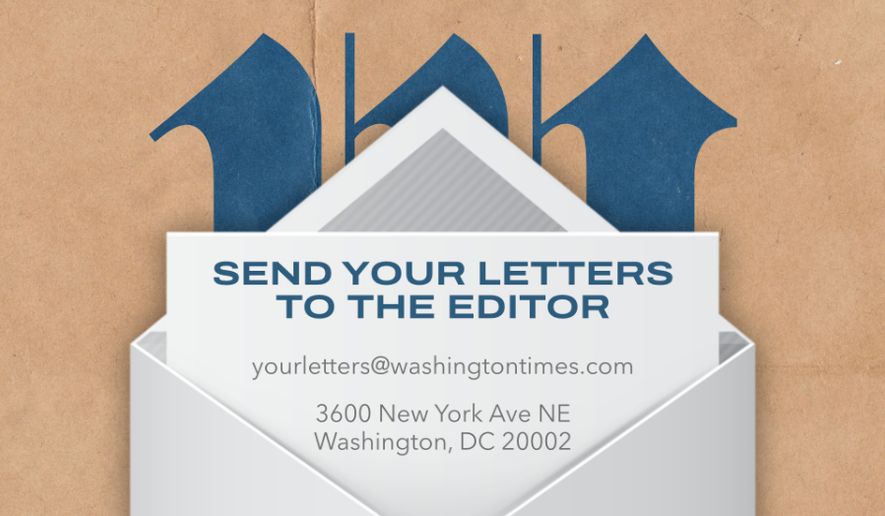OPINION:
On Sept. 24, I brought a pressing issue to the attention of Fairfax County Public Schools in Virginia: the targeting, harassment and now exclusion of Black athletes, particularly the football players at Hayfield Secondary School.
These young men face threats, leaked personal information and harassment — yet rather than take protective measures, the school district has muted the voice of their advocate, coach Darryl Overton. The Virginia High School League has imposed sanctions barring Hayfield from the playoffs.
The Virginia High School League’s lack of clear justification — combined with the Fairfax County district’s failure to act on behalf of its Black student-athletes — raises uncomfortable questions. It is especially interesting that these decisions unfolded just ahead of a pivotal presidential election.
For a community that leans toward progressive policies, this situation suggests a deeper undercurrent, one that may pressure Black communities to conform to an established political agenda. The implication is that if Black voices deviate from a strict adherence to the prevailing progressive narrative, they risk being silenced or sidelined.
Historically, Black athletes have faced harassment and exclusion, as evidenced by cases such as the Jena Six in Louisiana and similar incidents in Massachusetts and Pennsylvania. The experience of Hayfield athletes resonates with these earlier examples, highlighting a persistent issue that transcends state lines.
At Hayfield, Black students and their families endure surveillance and threats while their White peers remain untouched. Now Mr. Overton, a dedicated mentor, faces the same stifling tactics used to silence others who challenge systemic injustices.
The league’s mission emphasizes sportsmanship and integrity, but these values are undermined when enforcement is inconsistent and selectively applied. If Mr. Overton’s actions genuinely warranted scrutiny, The league should have pursued an objective, transparent review. Instead, the swift sanctions against Hayfield suggest an uneven application of these principles.
As the Rev. Martin Luther King Jr. said, “Injustice anywhere is a threat to justice everywhere.” It is essential to question not only the actions of the league and the school district, but also the context in which they are happening.
Are we witnessing an attempt to coerce conformity by signaling to Black communities that deviation from a prescribed political stance will result in punitive measures?
HENRY JACKSON
Herndon, Virginia




Please read our comment policy before commenting.